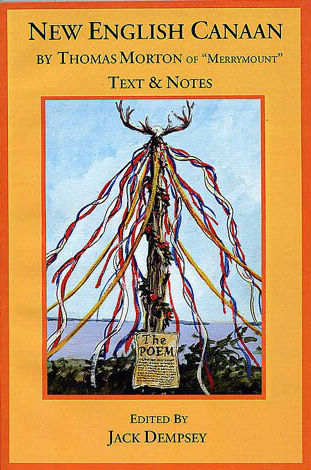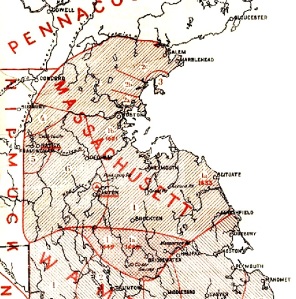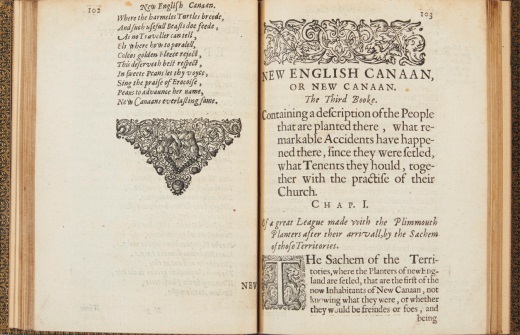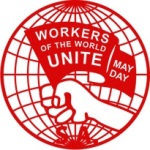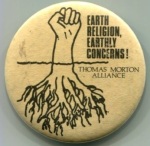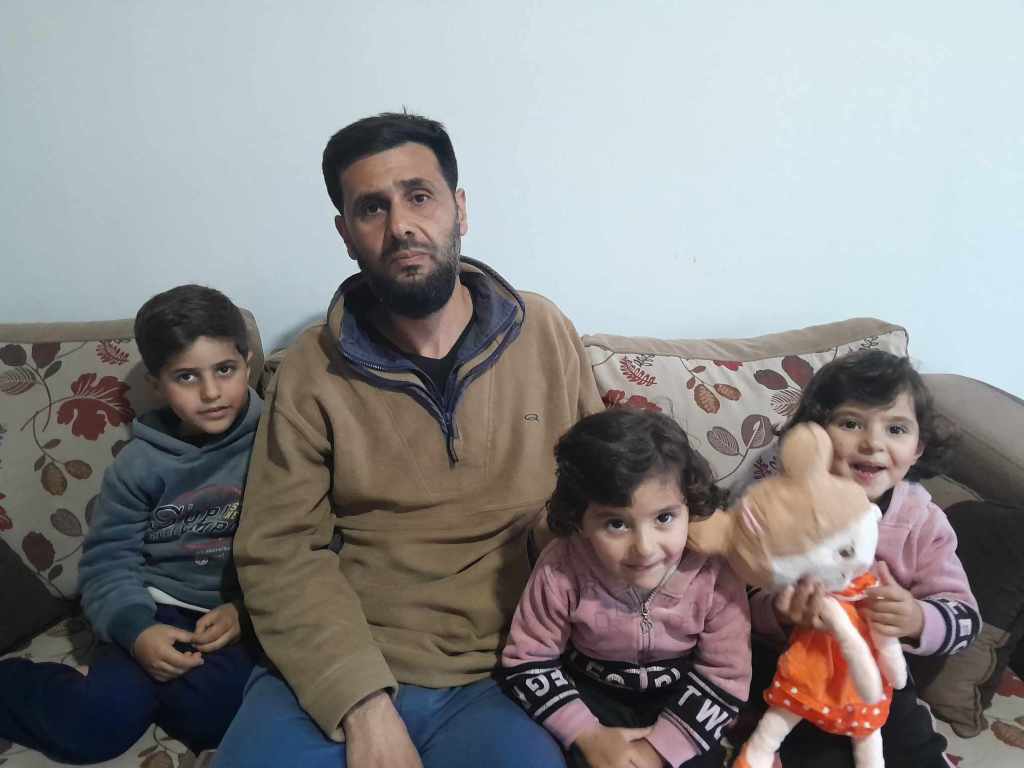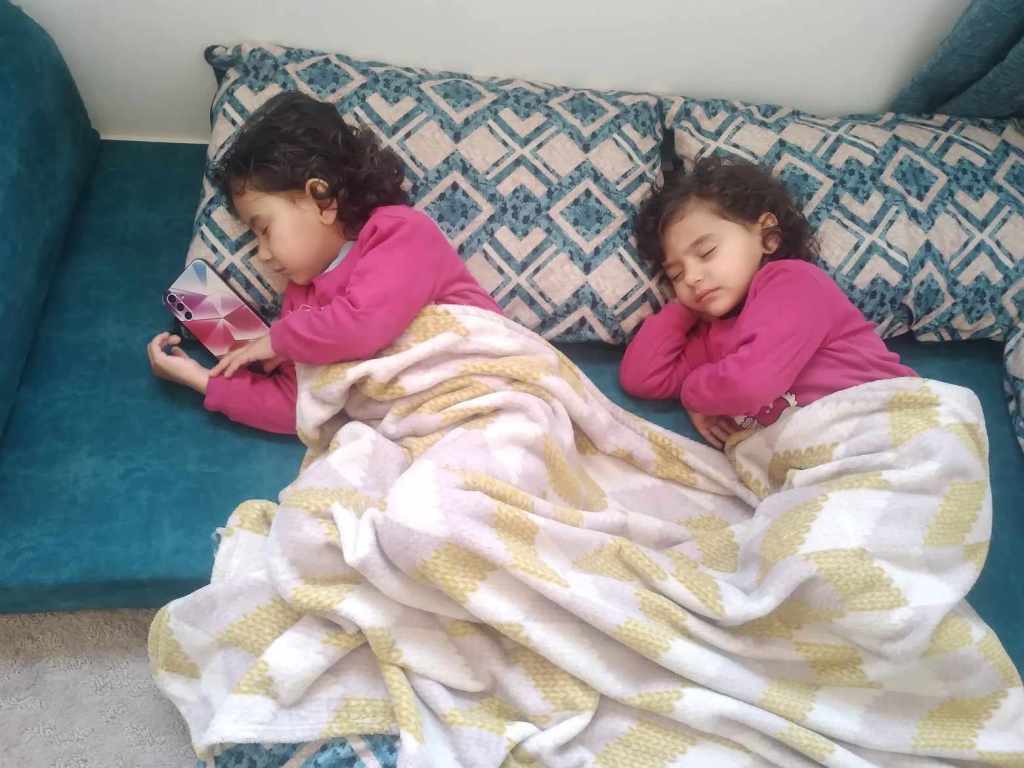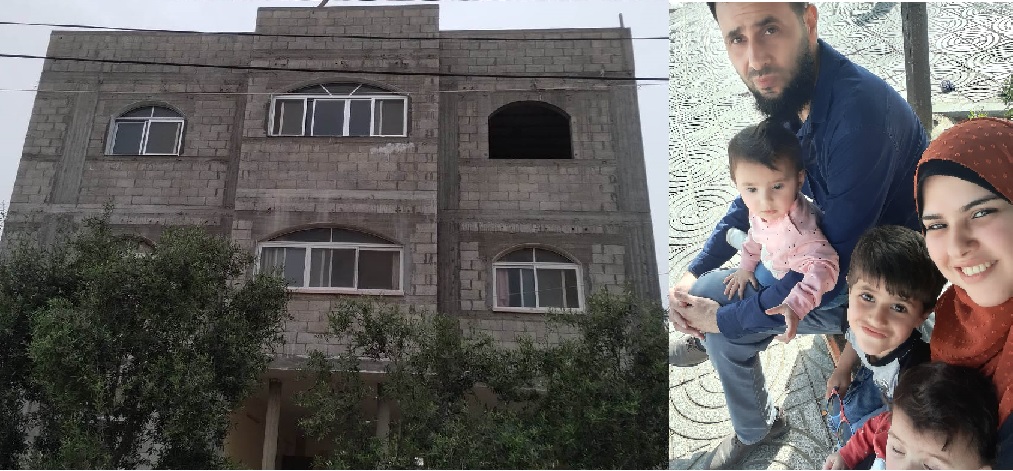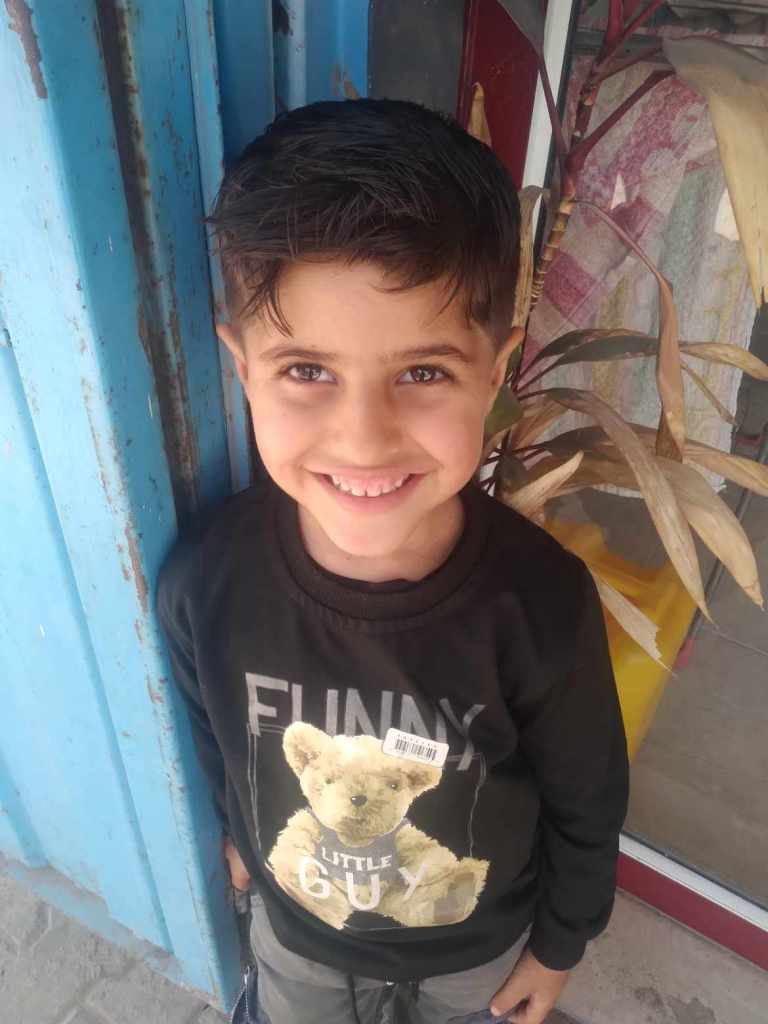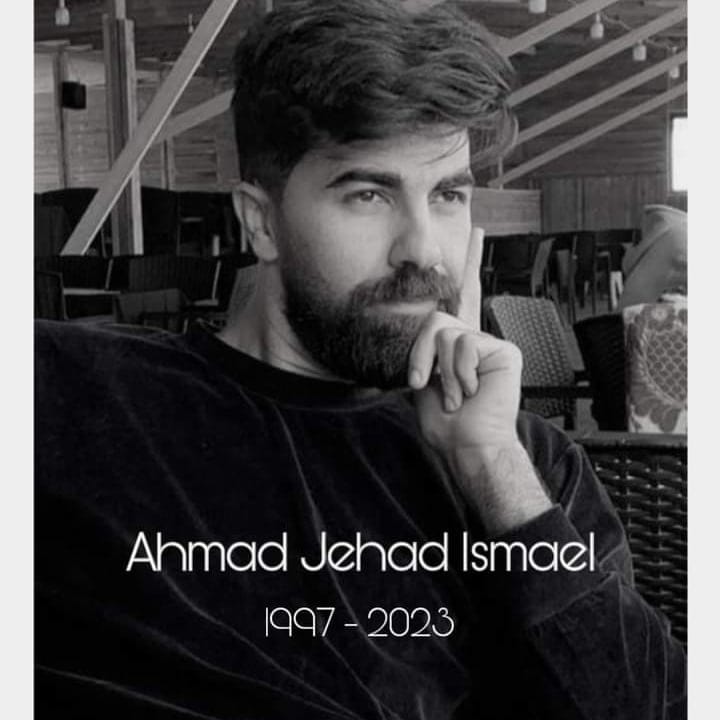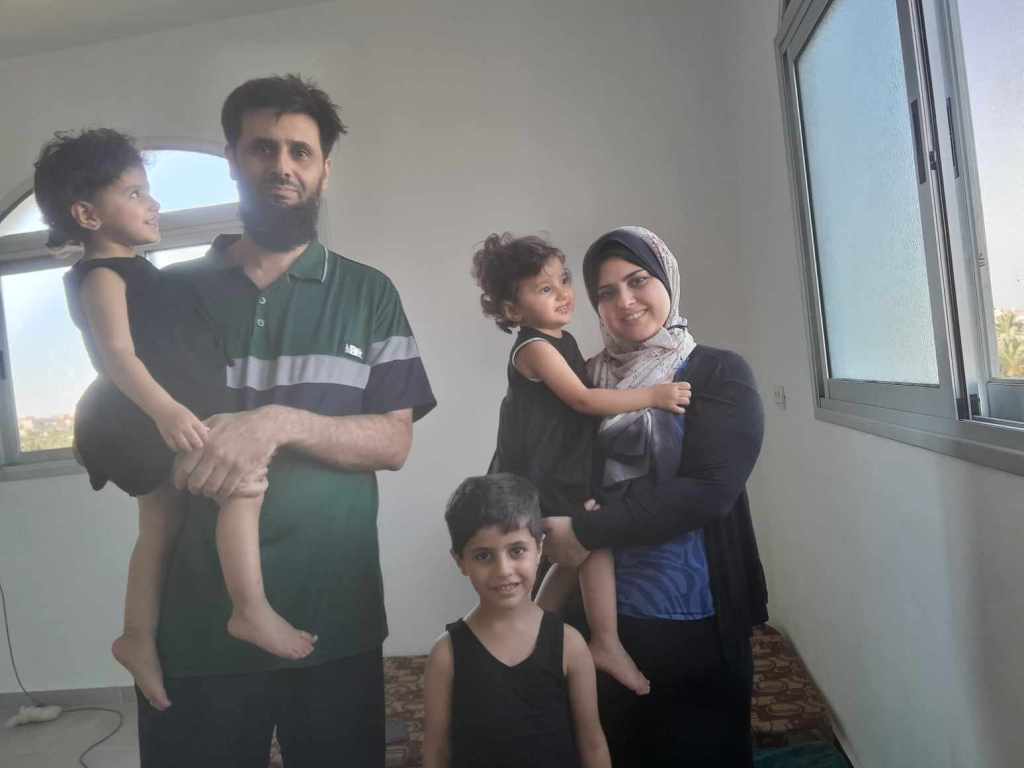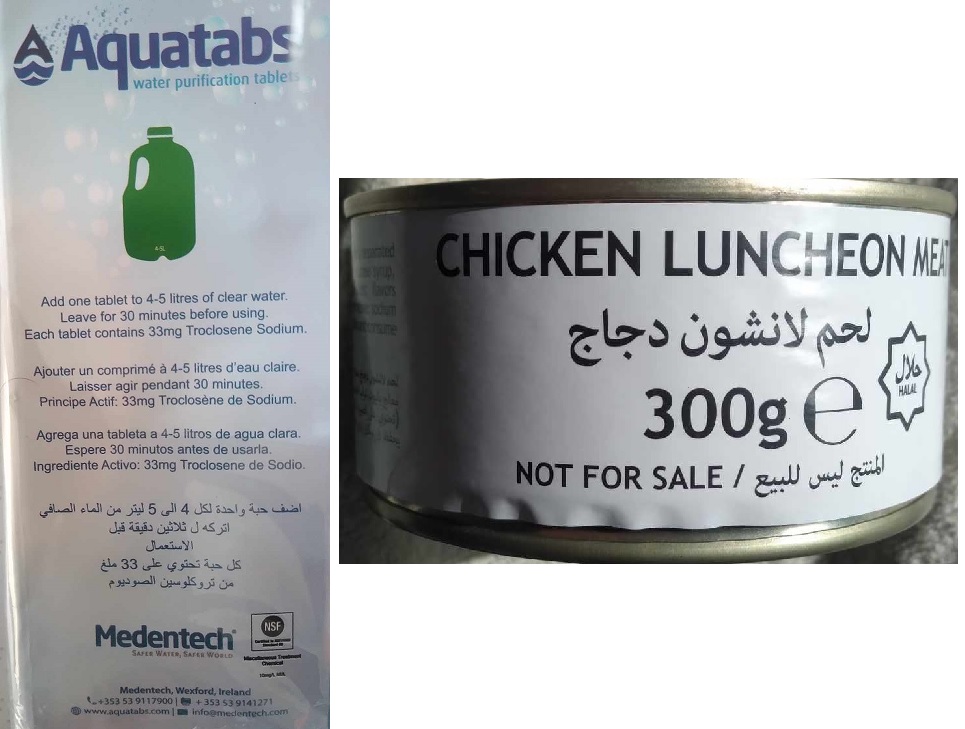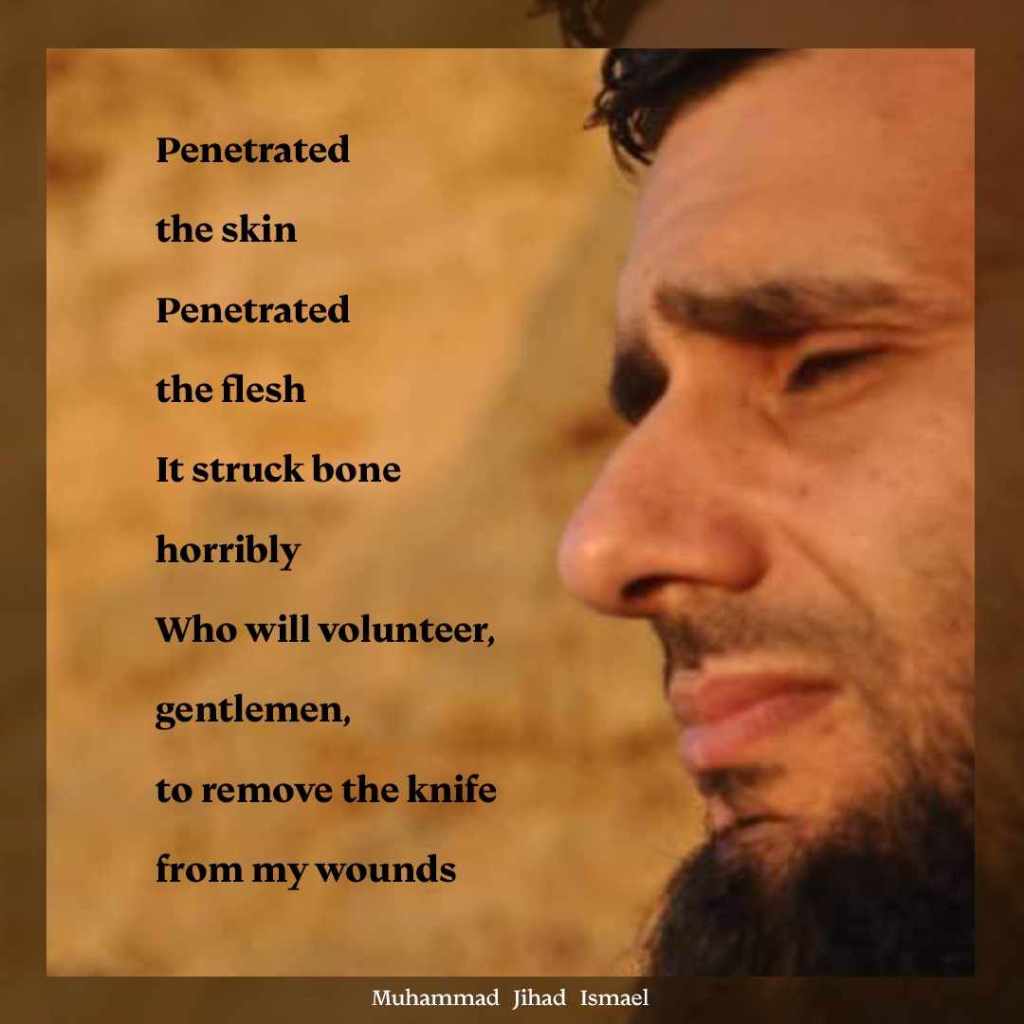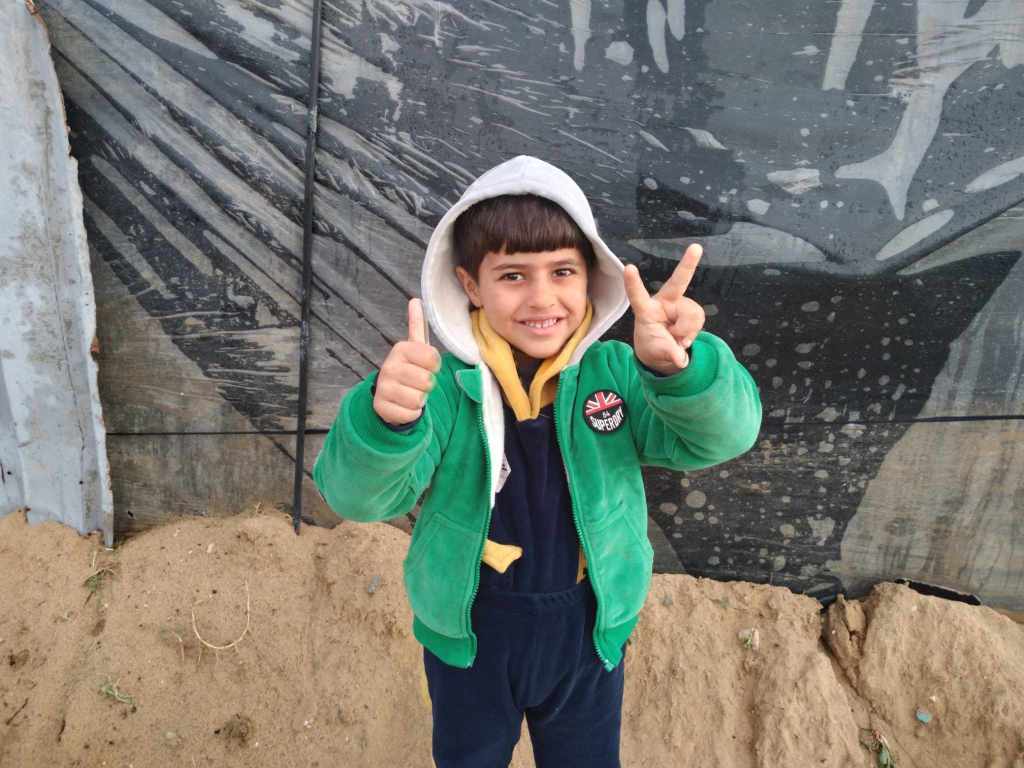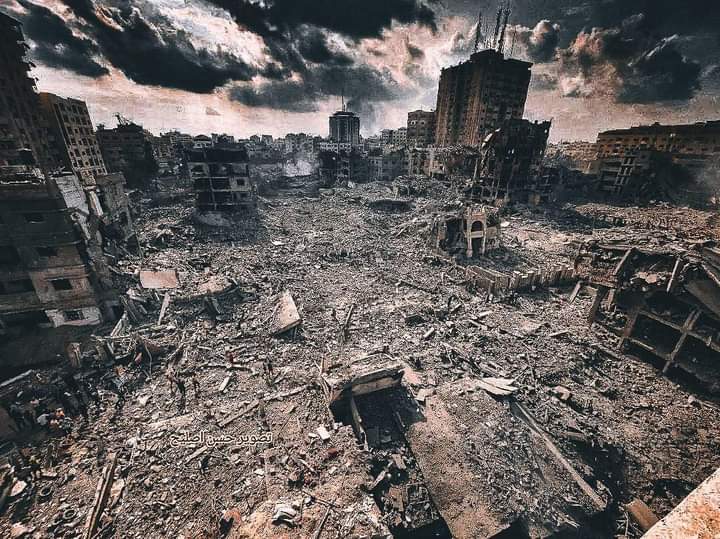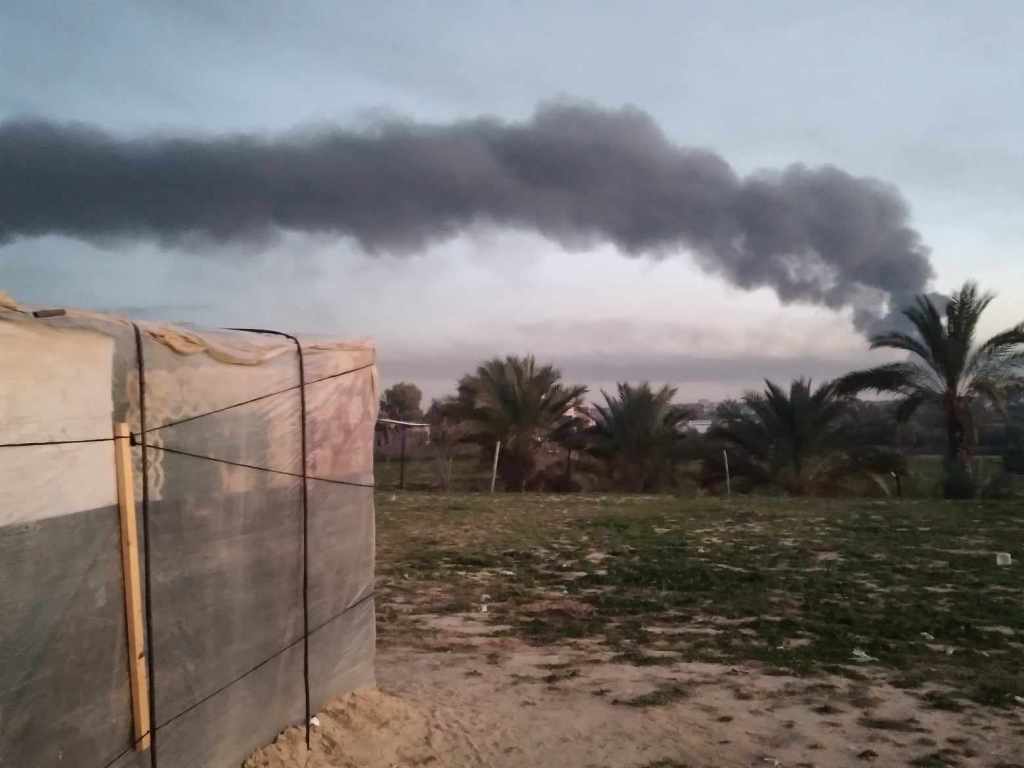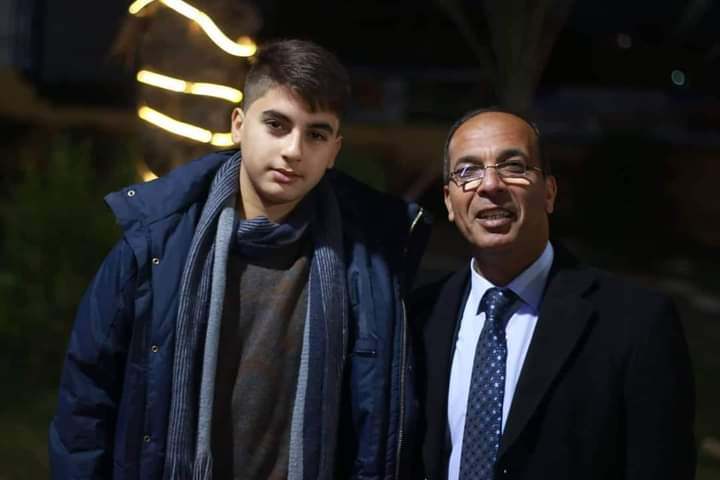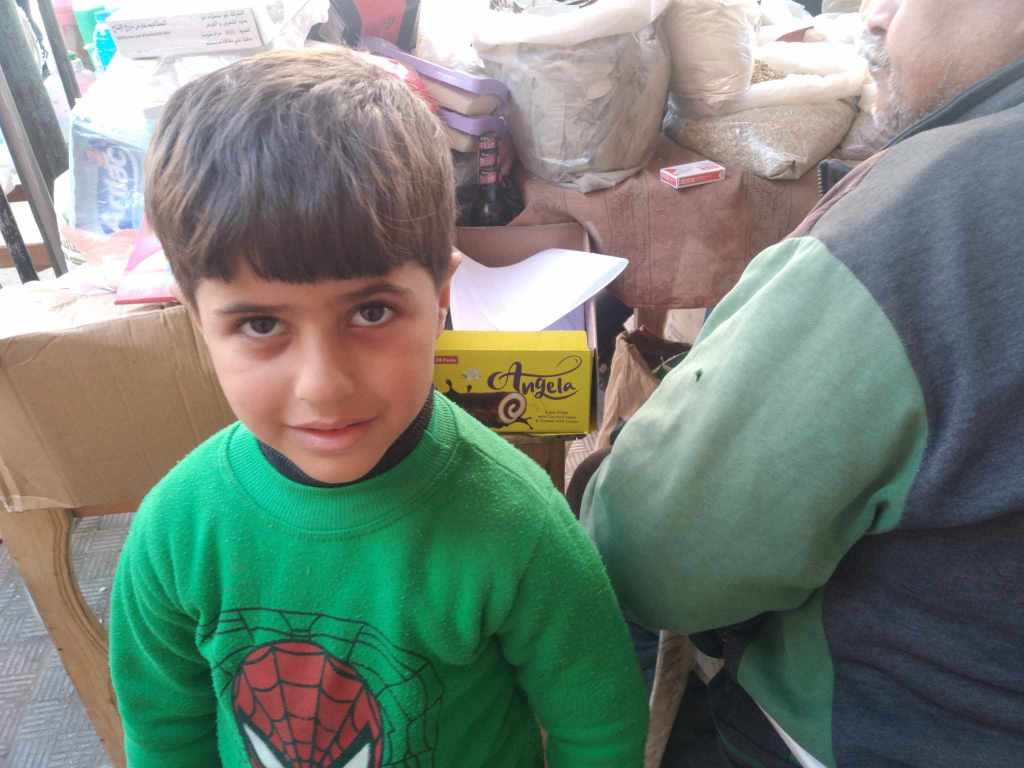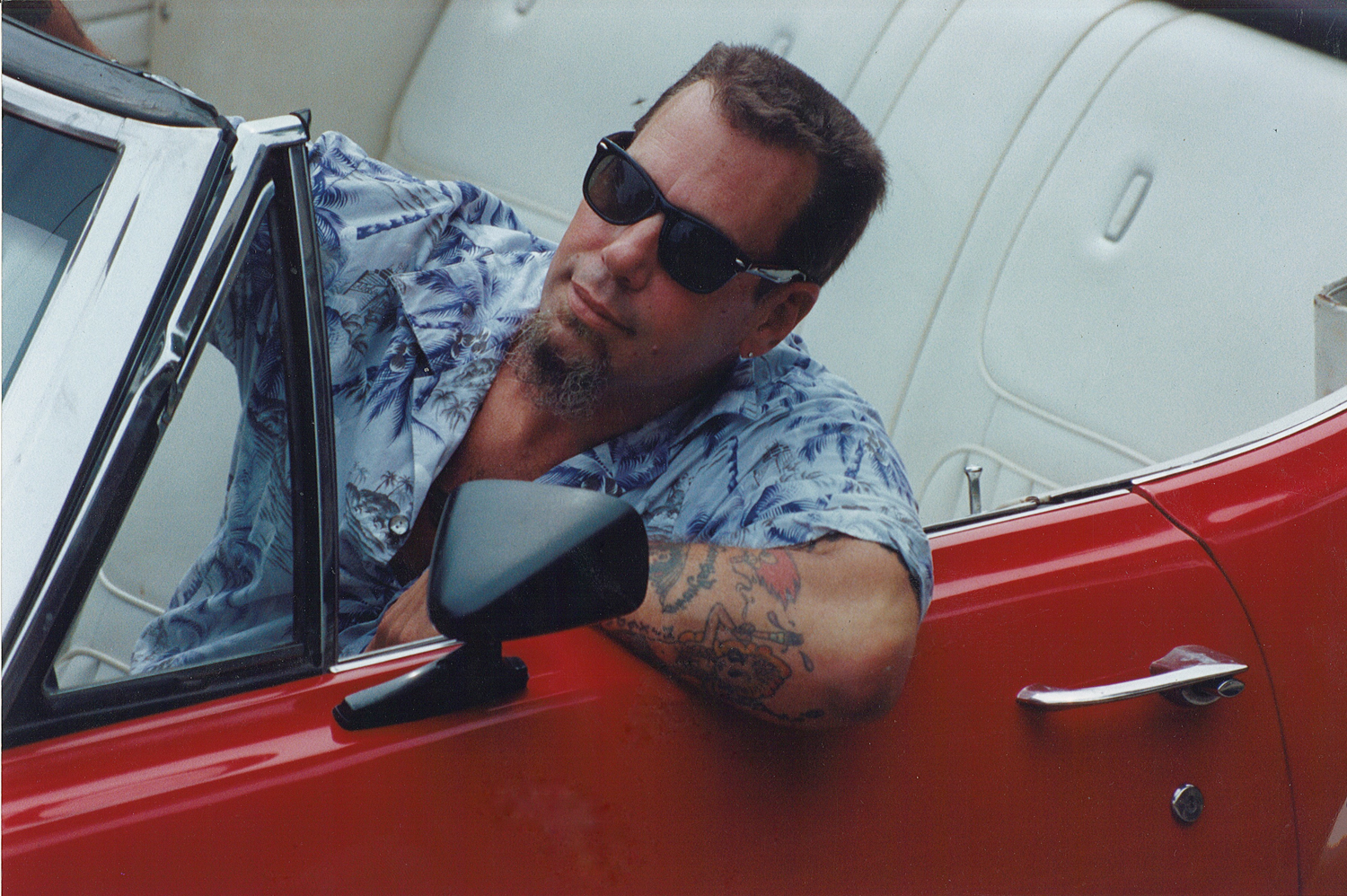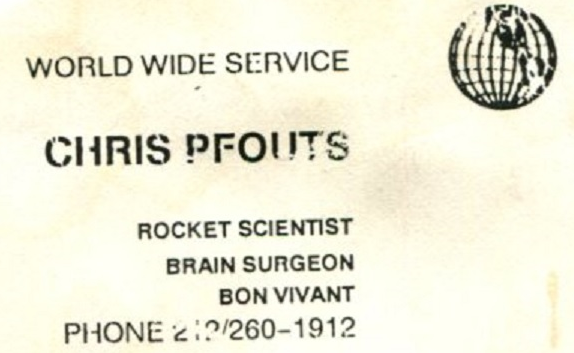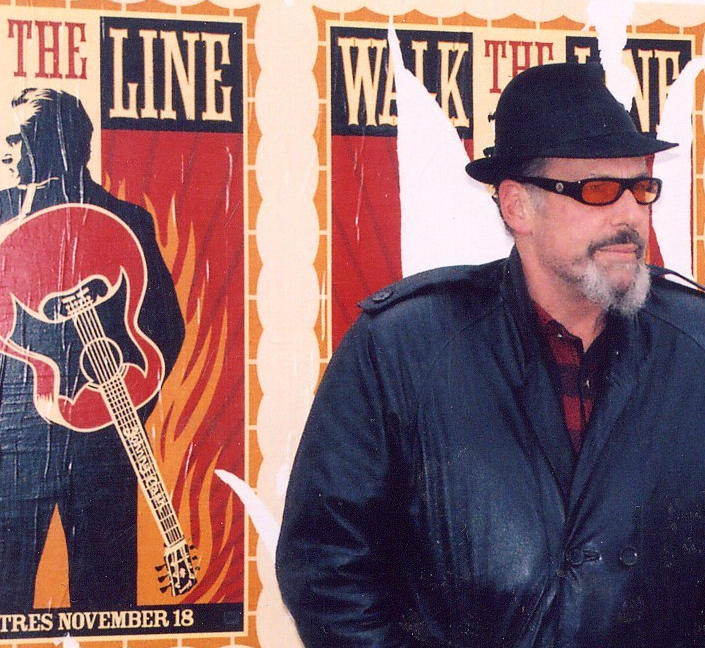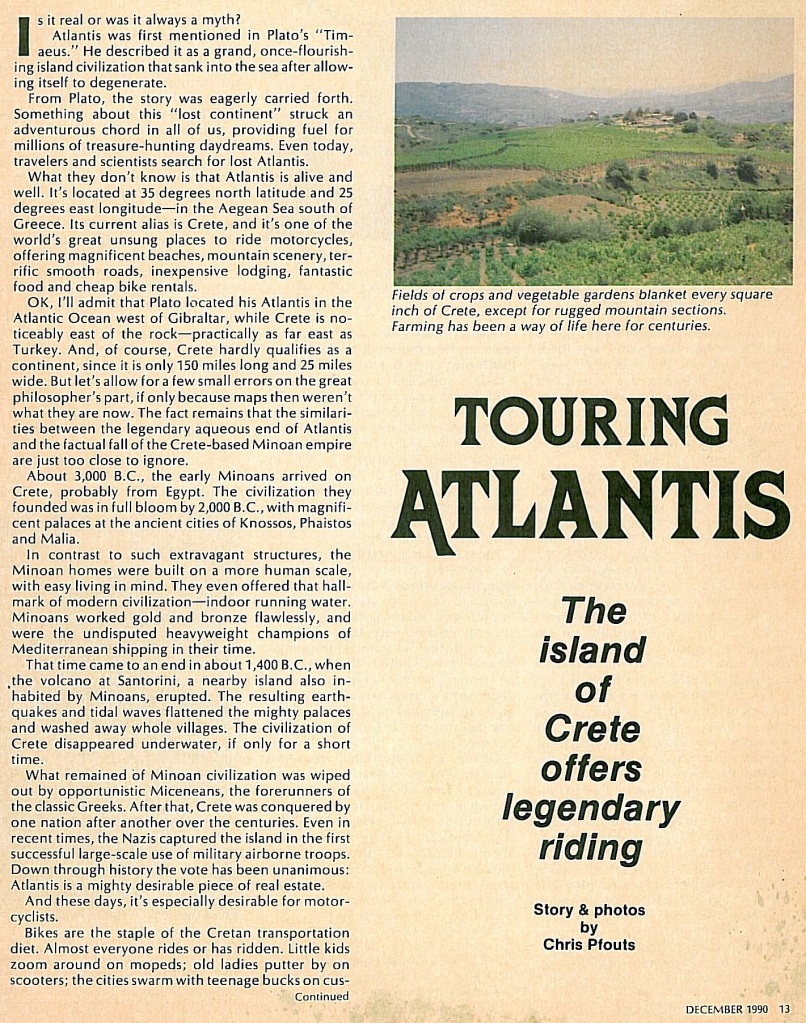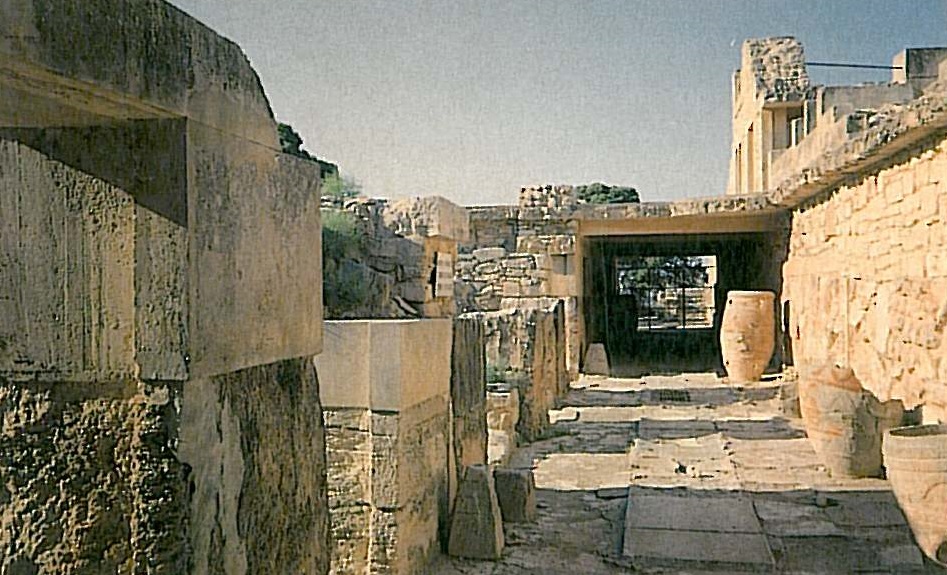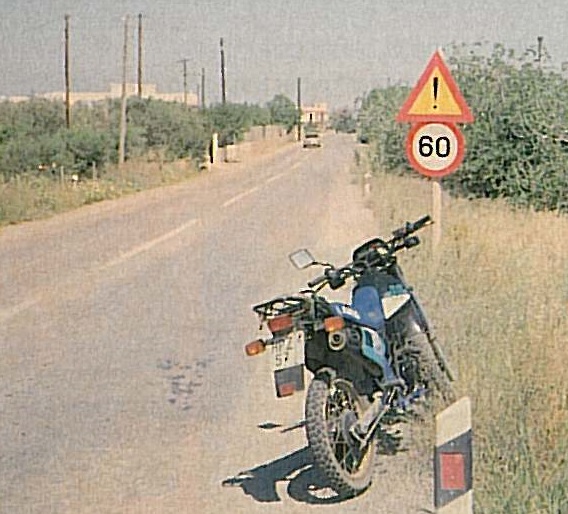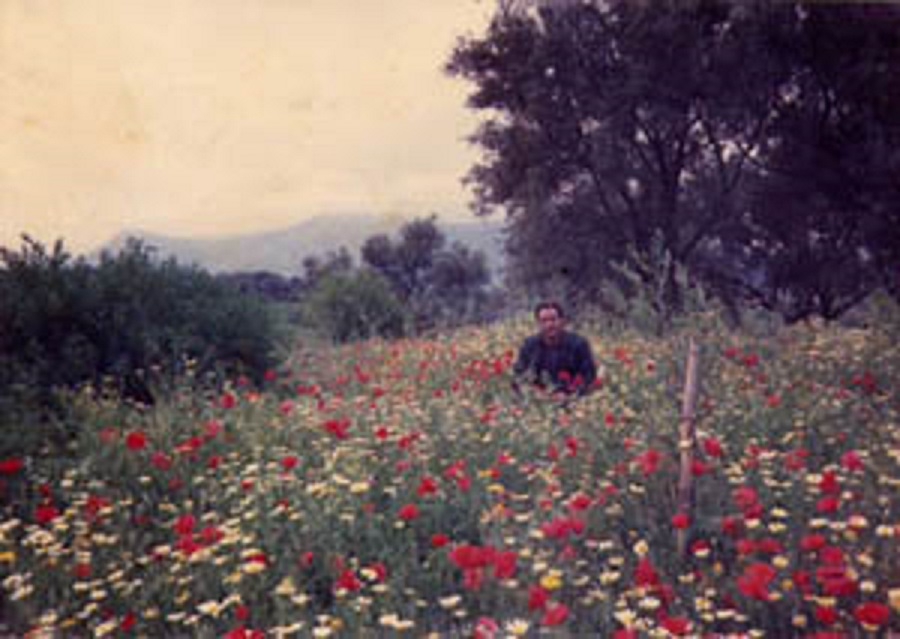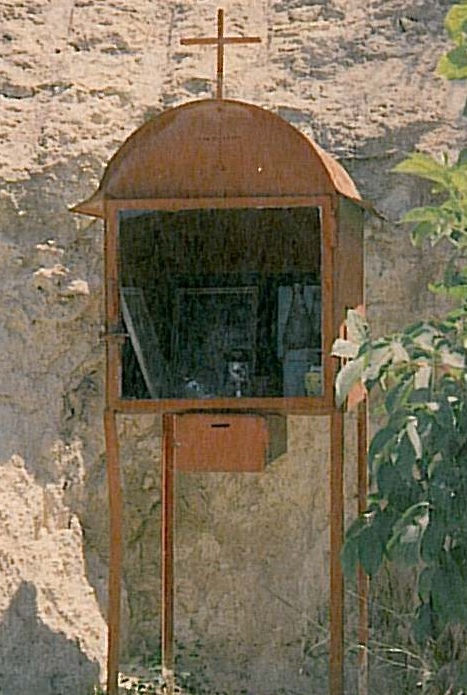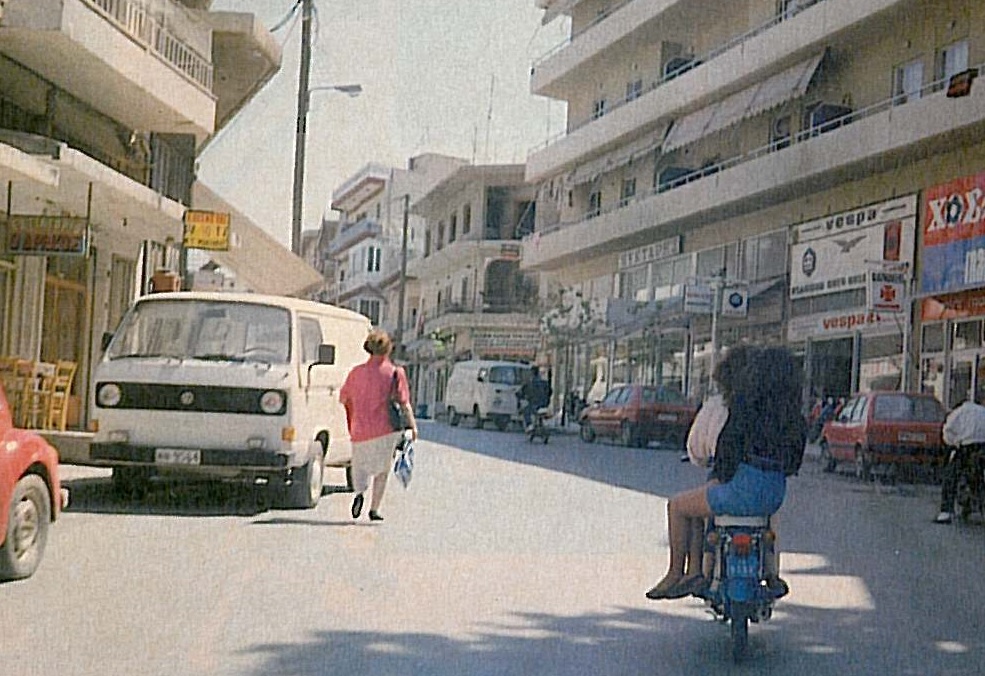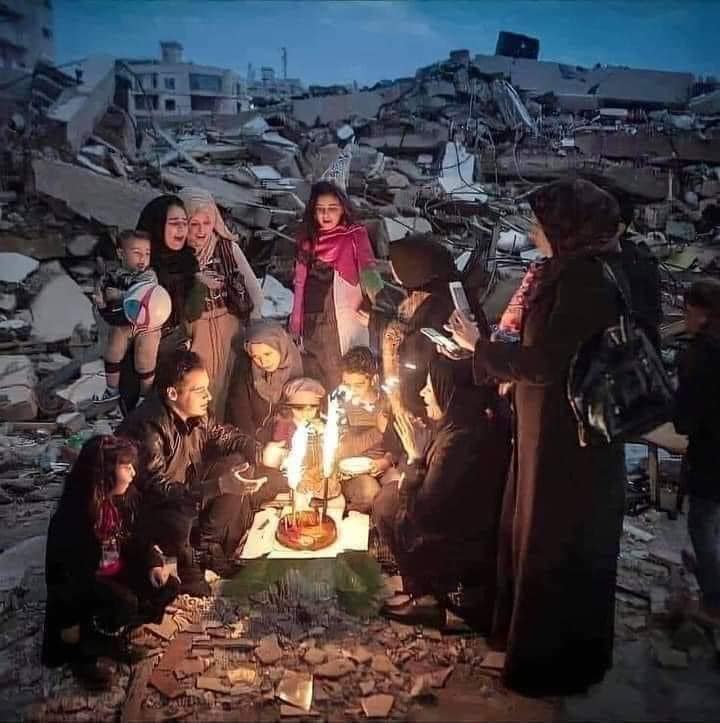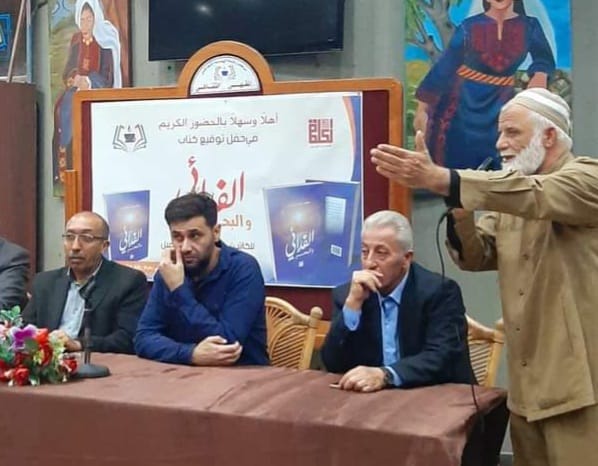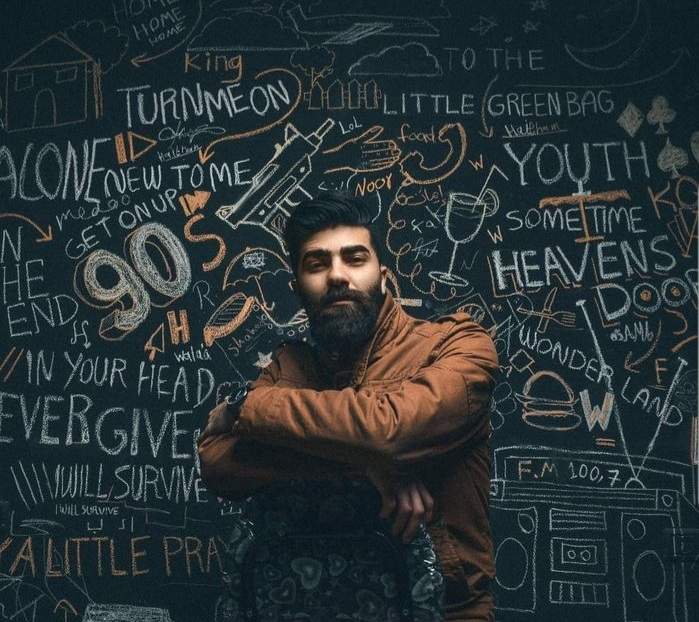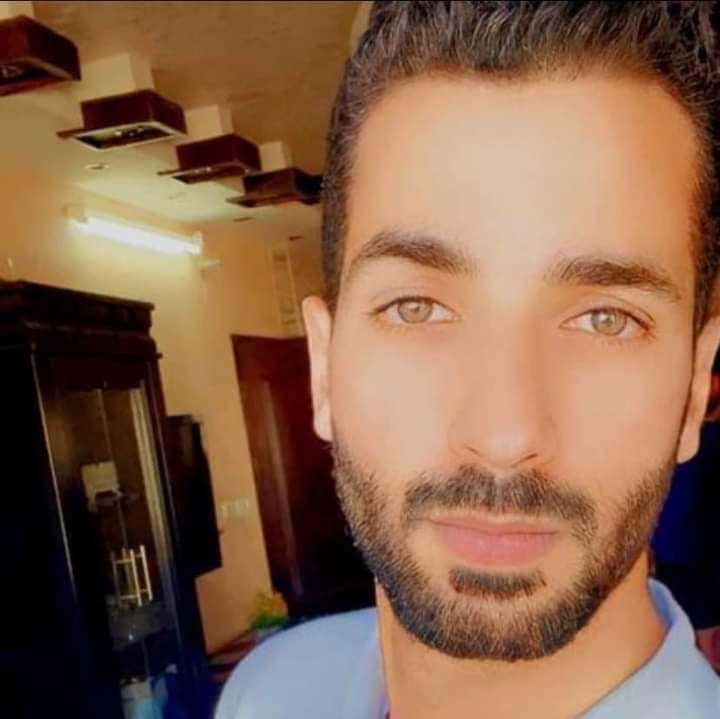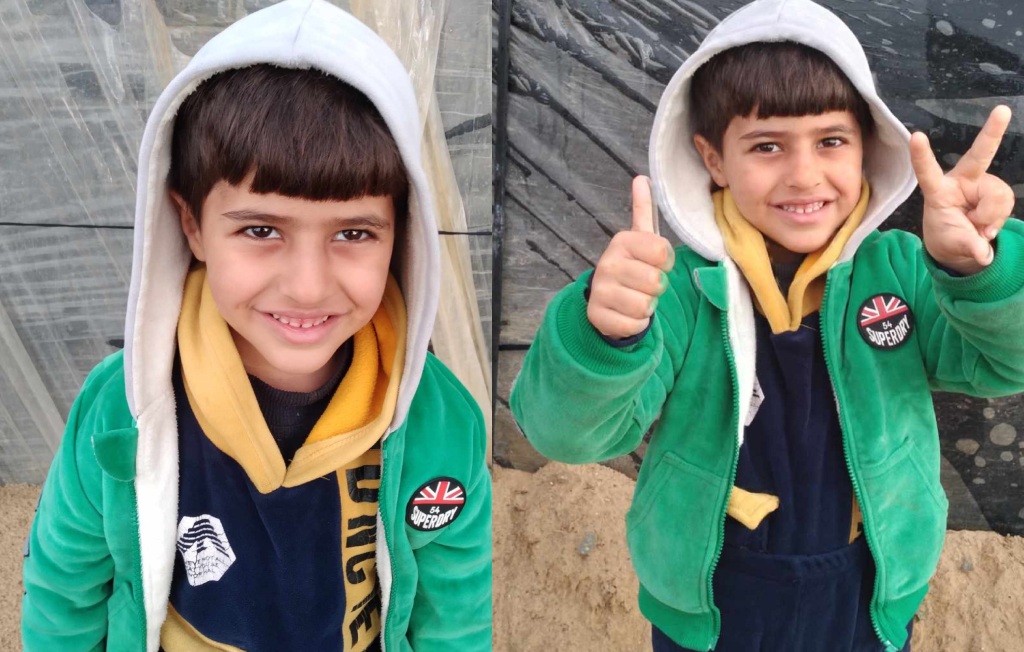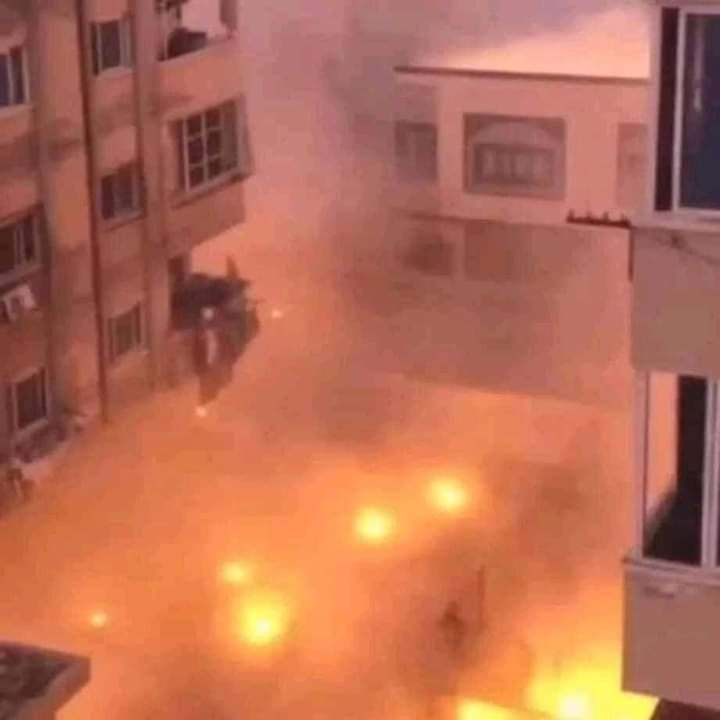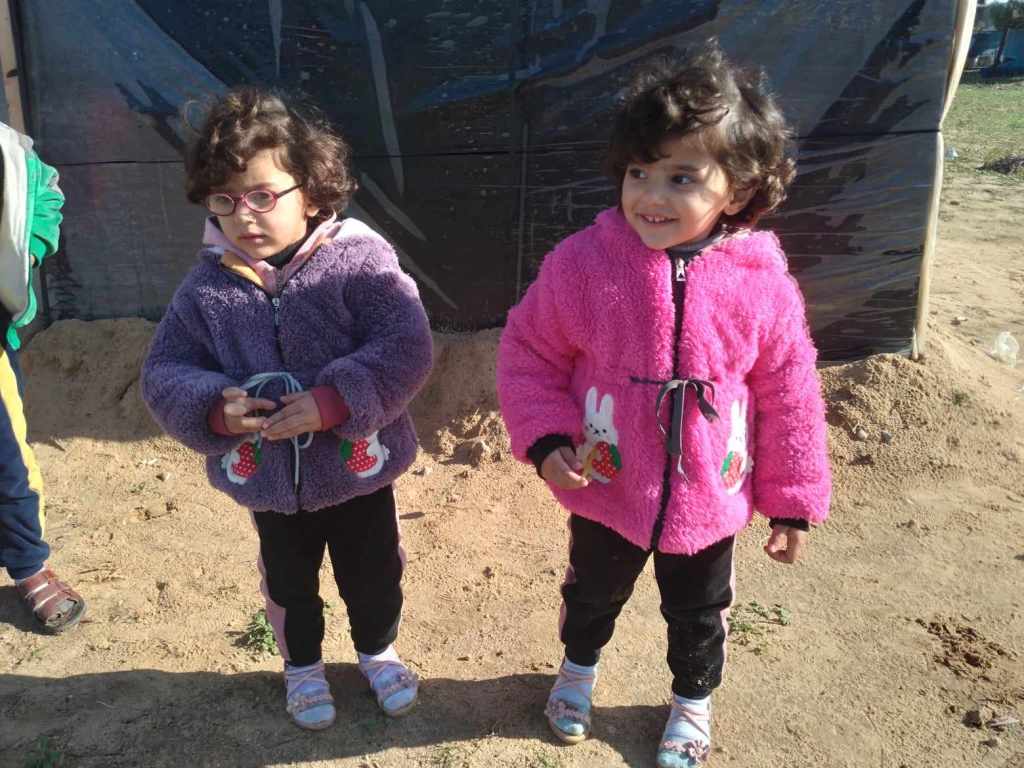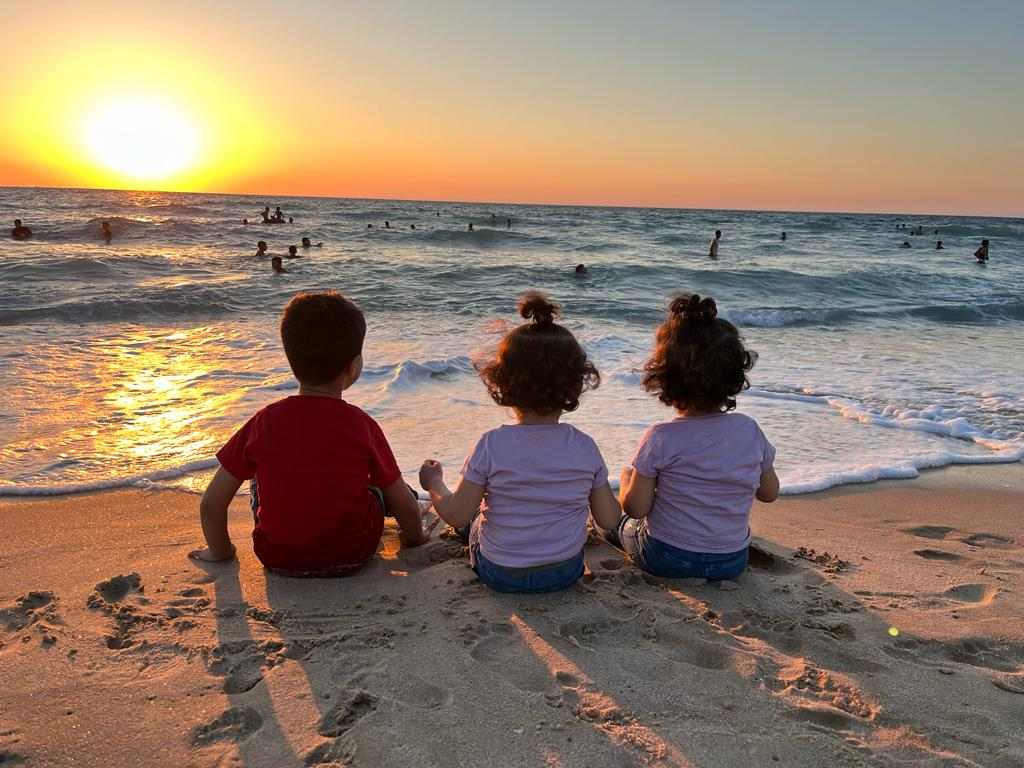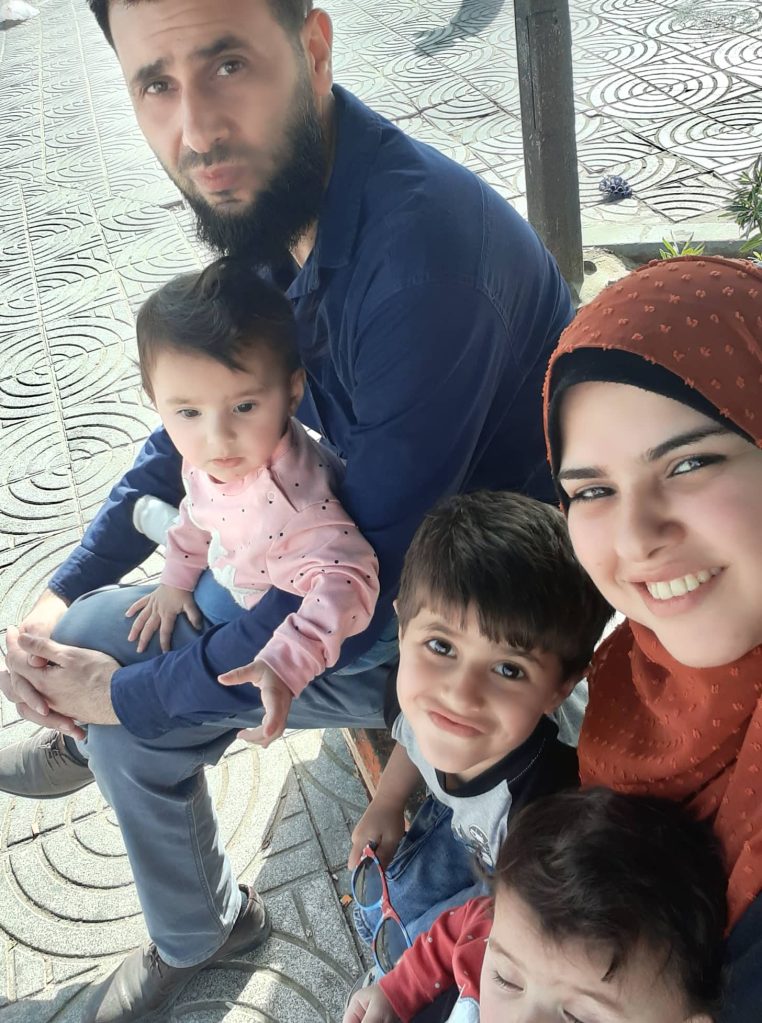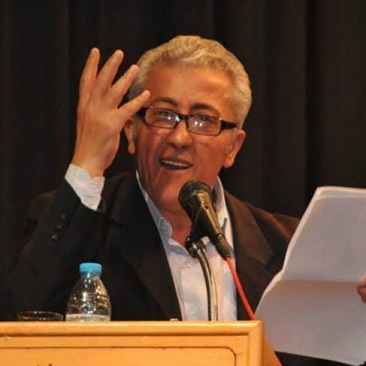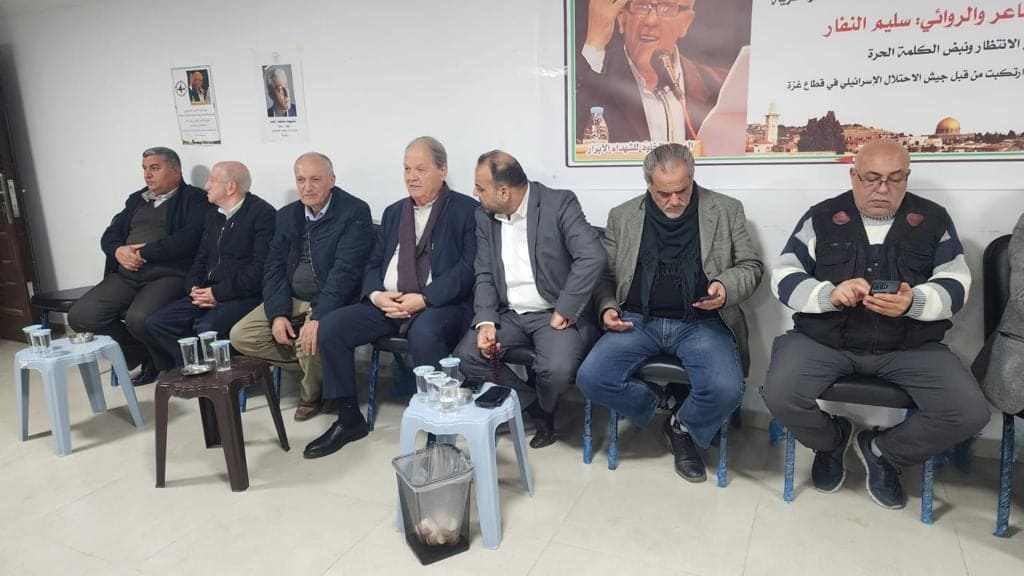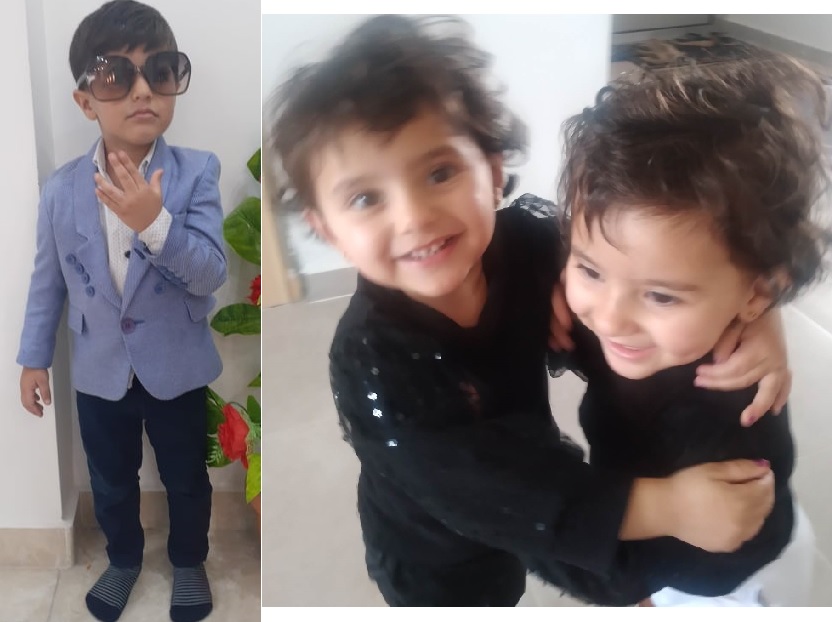How America’s first English poet
pulled a vision of compassion & hope
from the ruins of transatlantic “plague”
Wishing you and all the best possible May Day 2020! This missive marks the 393rd anniversary of Thomas Morton’s 1627 Maypole Revels at Ma-Re Mount (or, Merrymount), the notorious event which, at its core, looked sympathetically right into the teeth of Native New England’s horrific pandemic of 1616-18. With sympathy and ceremony, poetry, orations, drumming, music and dance, feast, home-brew, trade, intermarriage and “worse practices” (according to “Pilgrim” William Bradford), those days bequeathed us a serious vision for healing and new community.
Some say the most uncanny thing about “Mine Host of Merrymount” was that, after multiple banishments for his “crimes,” Morton just kept coming back to America, “the land he loveth.” In a like way, his life and writings in New English Canaan (1637) keep coming back to speak to us with his practical common sense, good-humored compassion and hopeful spirit.
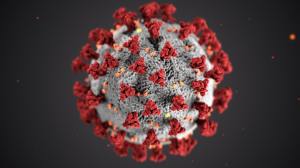
More and more, the global Coronavirus lockdown is a singular opportunity for working people to think about their lives and the changes they’d like to see in the running of the world. In the first place, how often in the norms of yesterday did our own best interest directly intersect with benefiting others? Do we see what a mega-powerful principle that is for accomplishment? So curious: being cut off from each other reveals our connections and invites us to build more.
As in the American-foundational decades of the 1610s-1620s, pandemic is shattering every norm of what seemed, yesterday, “natural” or at least inevitable. Money, privilege, careless consumption and brutal power stand never more naked in front of the dire need for new arrangements. We can be sure that, when so much confined human energy steps into the world again, we’re either going to slide back into “More Of Same Only Worse,” or step forward into healthier, happier (more just and humane) relations.
That was the choice facing the all-but-homeless Thomas Morton and his company, facing Native New England, and the future of America alike. What was to be done, and how can their choices and results help us?
“Give me the right point on which to rest my lever,” said Archimedes, “and I can move the world.”
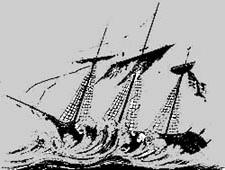
How did this horror strike Northeastern America, and how did the consequences shape our foundational days?
In the first century of contact between Old and New England (1500s-1600s), Europe was climbing out of a Dark Age decimated by catastrophic Middle Eastern Crusades and waves of bubonic plague. The Renaissance revival of ancient learning and the Bible-driven Protestant Reformation struggled to define the new human world(s) facing everyone. But the continent’s urban conditions—cities overcrowded by new business-driven economics, and appalling norms of sanitation—kept all kinds of lethal microbes active in waves of circulation.
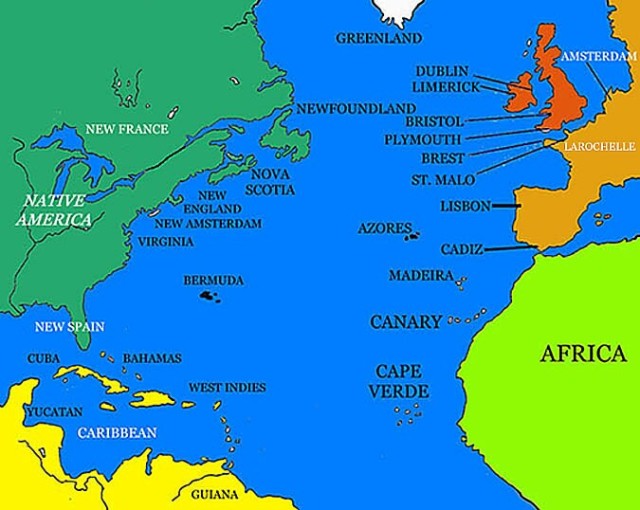
By the close of that century, a yearly average of 250-350 English ships were taking fishermen, explorers and fur-traders to American shores. These were tiny-vessel voyages only for the rough-and-readiest men. But by and large, they were secular, sensible and seasoned enough chaps to know that, beyond their beach-camps for trade and drying cod, it was tens of thousands of Native Northeast peoples who would arrange or refuse most contacts. In the entire U.S.-Canadian Northeast, the total population was at least 200-300,000 people.
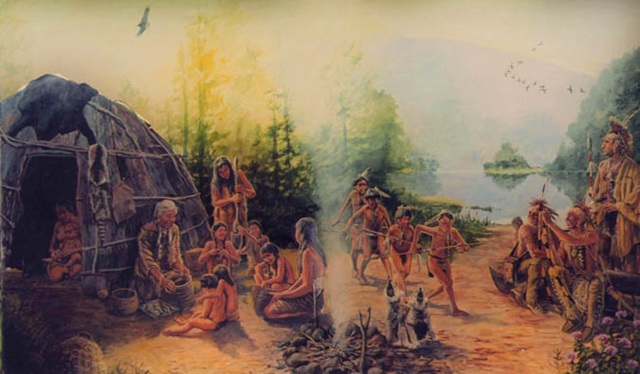
Native Northeast life-ways had always intertwined caution with hospitality, gift-giving with trade, and friendships and alliances with mutual need and respect. As on all multi-ethnic frontiers, not a few Native and English people went further, and saw their affections become transatlantic children.
In effect this made family of trading-partners, entangling them on common grounds for resolving transatlantic rights and wrongs. At the same time, moving generally south in records and traditions from Beothuk and Miqmaq Nova Scotian shores, and towards Abenaki Maine and the Massachusetts, their intimacies carried waves of European diseases, against which Native Northeast peoples had no defense.
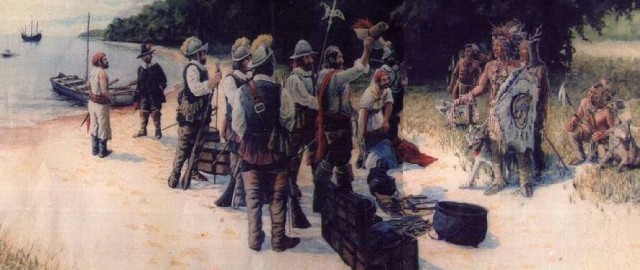
Bubonic plague, smallpox, measles, scarlet fever, diphtheria, chicken-pox, various kinds of flu: in Native New England, these multiple and still-uncertain pandemics were Wesauashauonck, or Wesauash-aumitch. As regional historian Nanepashemet expressed it, the deaths of 9 out of 10 Massachusett and other people (“or some say, 19 out of 20”) from 1616-1618 struck with effects “like a nuclear weapon” on every aspect of Native life: family and intertribal connections, collective memory and tradition, daily and seasonal food-production, and their age-old skills of survival and living well.
Thus, when Plimoth’s “Pilgrims” arrived in late 1620, they found only the ruined village and bones of the wholly-annihilated Patuxet Wampanoags, of whom Tisquantum or Squanto was the last known survivor: the living had been unable to bury so many dead. Not far to the north near the site of future Boston, there was almost no one left to work the vast rich acreage of “three sisters” agriculture (corn, squash and beans) called Massachusetts Fields.
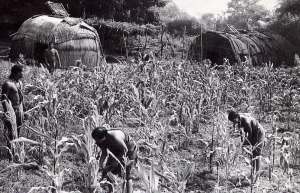
As a small Plimoth boat or shallop hunted trade-connections up the tidal river called Missituc or Mystic, they found more plague-devastation, and heard of a “Great Squa Sachem” struggling to hold their survivors together—facing also opportunistic corn-stealing raids by north-country Miqmaq, who were both traditional enemies and blood-relatives. The 1619 battle-death of Mystic’s Sachem Nanepashemet had made Plimoth’s new friend, Wampanoag Sachem Massasoit, one of the area’s high authorities.
So it was that, just before Thomas Morton’s 1624 arrival on Massachusetts Bay, the surviving local people called Neponsets moved from old inland homes near the river’s waterfalls to a more “distanced” and defensible land-form on the Bay—the state’s oldest historical site, called Moswetusett Hummock (shown below).
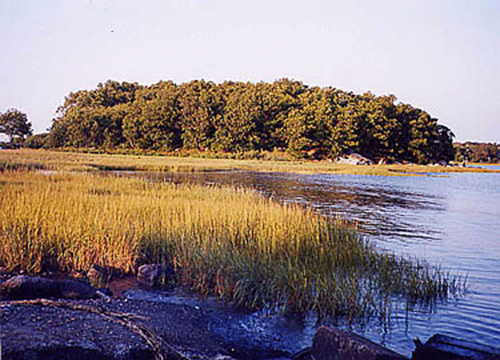
And there on the beach was/is a 30-foot-high formation of very hard volcanic puddingstone that some called Weeping Rock (or, Squa Rock): the clear uncanny profile of a woman, who probably “wept” when winter-melts and runoff-rain rolled down her face. Ahead, many clues converge on this as a powerful place that shaped the land’s new human relationships.
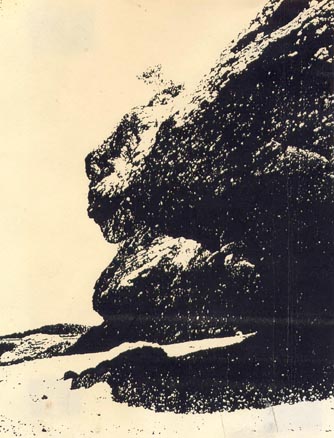
In the Plimothers’ first three American years it seemed that mass-murderous pandemics had burned out at least for a while, and that “God” had done wonders to “clear the land” for their dreams of possessing all of it. Yet, the devastation’s destabilizing consequences kept on hurting everybody’s hopes for some kind of peaceful coexistence.
Southern New England’s Narragansett (more cousins bound by both feud and intermarriage) wanted at least their share of European trade. They used their only-temporary advantage of healthy numbers to encroach on Wampanoag hunting-grounds and trade-prerogatives. So, the latter’s Sachem Massasoit quickly orchestrated Plimoth’s first treaty for Native amity and trade, a deft stroke making allies of English guns (slow and hazardous, but with a fearsome effect).
Yet in less than a year, mutual machinations and misunderstandings fed fear among English and Natives alike. Plimoth set most of their manpower to building a fortified wall around themselves. And because this took labor away from farming and food-production—besides offending their “allies”—their second winter found them forced to hunt up supplies among Native villages.
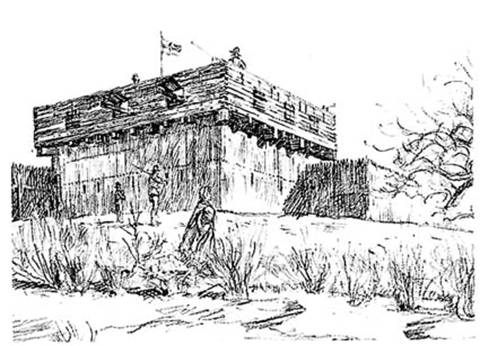
Almost everywhere, they found Native corn-trade to keep them alive—but, with it, both appeals for help as village families kept on dying, and angry reactions to English offenses and their own seeming indifference. Rumors and real mutual threats kept pushing the old New England ways of brinksmanship—and by March 1623, Plimoth resolved on the “preemptive” murder of outspoken Massachusett leaders. (The fine-tooth details are in Good News from New England and Other Writings on the Killings at Weymouth Colony, and in Time Line 3 at Ancientlights.org.)

The aftermath of terror that killed or scattered even more Native New Englanders also crippled Plimoth’s crucial trade, as American furs and other goods were still obtainable only with Native consent and help. As that dark year waned at Plimoth, an outsider ship’s captain noted that “by God’s goodness, [Captain Myles Standish had] brought away the head of the chiefest of them. And it is set on the top of our fort, and instead of an ancient [flag], we have a piece of linen cloth dyed in the same Indian’s blood. [It] was hung out upon the fort when Massasoit was here. And now the Indians are most of them fled from us….”
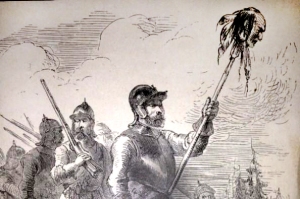
Such was the bungled situation when outdoorsman, attorney and Renaissance man Thomas Morton arrived on Massachusetts Bay in June 1624, aboard the Unity. His vessel’s name is a first little wink of the uncanny noted in his days by many historians. No one made more of that—as if mere facts were speaking enchanted allegory—than Nathaniel Hawthorne, whose “The Maypole of Merrymount” saw “jollity and gloom…contending” there for the soul of an America to come.
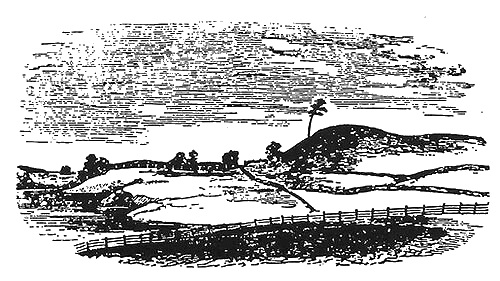
Indeed, something like an experiment played out here. As we saw, the first imperfect transatlantic century had evolved “a mixed language” (Morton) and “cautious coexistence” (Colin Calloway). Then came Plimoth’s “reformist” approach to frontier relations—decidedly evangelical toward an American “New Israel,” with the short-fused “martialist” Myles Standish at the cutting edge. What made this an historical test-case was that now, right in the midst of the same Native people(s) hurt so badly by pandemic and Plimoth, Morton brought back and prospered by those original transatlantic ways. One approach worked imperfectly, and the other brought mutual rancor, damage, division, death, and decline.
Different choices, different possibilities—that was Morton’s “woke” edenic blasphemy (that people create their destinies). He’d have none of a Biblical fatalism that a “fallen” human nature lacked what it needed to make the world a garden.
There’s no doubt that Morton was a front-line colonizer, and wrote in part to call in more Englishmen. But the soul of his actions we’ll see, and the title of his book New English Canaan, went to reject any one-sided notion of America as “New Israel.” Like a lawyer presenting evidence (which he was), he argued that Difference was not divesture of human rights. Like ancient Canaan, America was inhabited, by sophisticated people(s), and well-being with an honorable conscience had to recognize it—even, learn from it.
If Morton sang loud in his third chapter that because of pandemic, America was thus “made so much the more fit for the English,” he quite uniquely pricked that bubble quick, likening Native people to the innocent Jesus at bone-strewn “Golgotha,” and with a note in his margin: “2.Sam.24.” And there was The Bible’s King David praying that God relieve his people of a plague: “These sheep, what have they done? Let thine hand…be against me, and against my father’s house.”
Canaan then presented 17 more chapters (the first full third of the book) detailing Native New England’s ancient and civilized life—they were and are “still here”—while the rest of the work bore out his simple and crucial American watchword: “Respect.”
We are coming to terms as Morton did with complexities which, addressed with compassionate intelligence, could issue in positive new ethics and values.
Who was this guy?
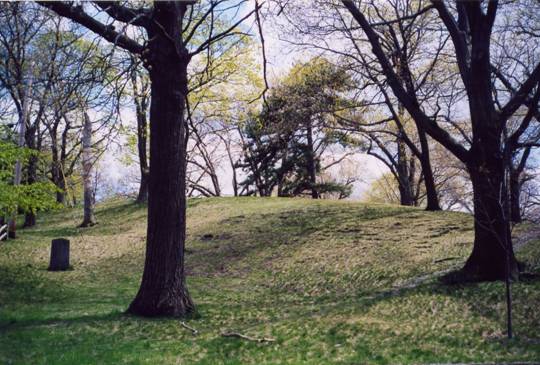
When any man seem like to prove an enemy to their church and state, the first precept in their politics is to defame the man at whom they aim. And then, he is an holy Israelite who can spread that fame broadest: like butter upon a loaf, no matter how thin, it will serve. —New English Canaan Book III
Was Thomas Morton, as legions of patriot-historians hastened to claim, a man with “absolutely nothing to be said in his favor….a lawless, reckless, amoral adventurer…a reckless libertine, without either morals or religion…saturated with revelry and scoffing”? Let’s a look:
Sensibility—Born about 1576 in England’s wild West Country, he grew up where the land was dotted with ruins of pre-Christian cultures and the social rule was hospitality first, before ideology. While England’s new “financialized” economy bred droves of homeless starving people who “fur-nished the gallows with poor wretches,” Morton’s youth gave him rugged outdoorsman’s skills, Classical readings, exposure to first reports by American explorers, and then training in common law in the midst of London’s boisterous Inns of Court. There, poetry, plays, masques and spectacles kept tongue half-in-cheek against lawless authority, moral hypocrisy, and the self-wrecking stupidity of entitled arrogance.
Habits of Mind—“I will go the surest way to work first, and see how others are answered in the like kind.” This was a man who, first, observed, and then experimented, processing his results. He came to America prepared to look, listen, compare and learn from peoples already well-along in getting along. Native New Englanders set aside feuds to share and “revel” in nature’s seasonal bounties: pre-Plimoth visitors raised maypoles and danced in funny costumes to fetch fur-traders down to the beach. And they were unafraid to share out “strong waters,” guns, and even themselves for a bargain.
Adaptability, Innovation—Morton’s first bad examples were two-fold. One involved fellow-Englishmen who’d been told, by their betters, that class (money) would always bind their lives to servitude. On Massachusetts Bay by June 1624, he and “thirty servants” were all but abandoned by so-called backers: soon the youths under indenture-contracts were being sold off as labor in Virginia’s murderous tobacco-fields.
Morton, knowing both the law and the aristocrats who desperately wanted fur-trading profits, arranged for every willing man to stay and build in place as his “consociates” and equals. This did not please the “betters” at nearby Plimoth, already strapped for labor in their fields and in the wall-building works of their “needless” (Morton) militia. The man, said Plimoth’s Bradford, “would entertain any, how vile so ever, and all the scum of the country would flock to him.” In these early-American contexts, the ancient nature-praising maypole long raised by “common” people was on its way to becoming a liberty-pole.
Morton’s other early outrage put the true Native masters of this landscape on a best-possible equal footing, by trading guns (with training and supplies) for their permission to plant, and for trade in furs and resources. The so-called soul of the objection from Plimoth and in King James’s edict was that guns “spoiled the trade”: meaning, the sky-high profits snookered from Native peoples by giving them baubles or cheap tools while their furs became choice clothes and hats. Grant the indeed-heroic “Pilgrims” every ounce of pathos: Native New England owed them and England not one thing.
As we saw, Sachem Chikatawbak’s Neponset and other Massachusett bands had suffered horrific losses. As Morton got to know them in their households and his own (which he called “nine persons, besides dogs”), it seemed no wonder that they wanted post-pandemic power to intimidate other feuding tribes and the decidedly “martialist” English at Plimoth. From contact came confidence and courage—not to mention a more-equal economy and alliance with mutual benefits.
The complaints from Plimoth received no answer, because Morton’s costly guns were shipped through the wishes and the winks of high-rank aristocrats. He and his consociates went on doing better round “Merry-mount,” smiling perhaps that royal edicts were not (thank God and English lawyers) statutory law—and likely amused at Plimoth’s pleas for help from a king they reviled as tyrant. At last when James died, Morton answered them: “The king is dead, and his displeasure with him.”
So—Some key qualities driving this frontier’s more-equal prosperity? Cosmopolitan or “renaissance” education, traits of scientific method, love and seasoned respect for Nature and human differences, generosity, fair and tolerant social arrangements, adaptable creativity, earned confidence, courage. Looking today for sound past examples for the future, we must not miss one more trait with positive results.
(It calls for an inference born from a dozen little Morton clues, but it does have company in comparative reverse. One day, Massachusetts’ future first puritan governor, John “city on a hill” Winthrop, got lost two miles from his house. Unnerved, he holed up in a Native wetu or home that he found by chance. And when a Native woman came knocking, he refused to let her in.)
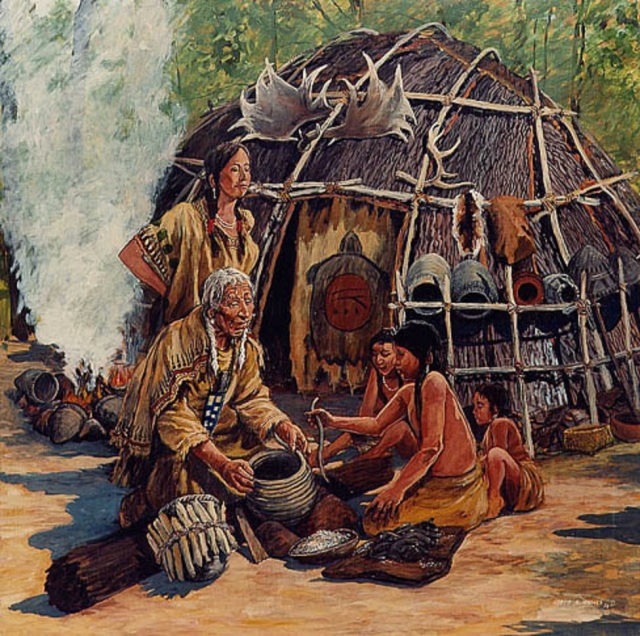
Compassion—We’ve seen Morton’s subtle but steadfast defense of Native humanity. Most likely, he too went walking one day up the Bay shore, toward Chikatawbak’s people at Moswetusett. And something, it seems, struck him deep—the likely sight of a Native New England woman weeping, perhaps at Squa Rock, for so many kinsmen and children lost by no fault of their own. Long and loud laments at family graves were an old custom.
She is the figure Morton inscribes at the heart of what happened next—the 1627 May Day Revels at Merrymount, raised amongst “all comers” to celebrate and promote a well-being earned in just three years. They raised these days as a powerful multi-media message of “medicine” and healing hope to such a grieving woman and her kin.
While this woman’s grief and predicament are wrapped in Classical myths by Merrymount’s “Poem” (nailed up as a maypole manifesto), she is not ventriloquized into an easy fake welcomer of English intrusion. She is asked to respond to the sweetest proposal that Merrymount’s men (who “wanted wives”) could muster, stuck where they all were—in a little love-story that decides the destiny of whole peoples (a “little epic” or “epyllion”). Imagine Morton stepping into the sunny center of a great hilltop Unity Circle (Native people often gathered by “significant land-forms” to hear orations), and here is a modern version clarifying what he had to say:
Rise, riddle-readers, and unfold
what means this whirlpool, death, beneath the mould,
when woman, solitary on the ground
sitting and weeping her kinsmen is found?
Now, New World attractions will acquaint
Old England with the tenor of her plaint,
and bring forth heroes, to the sound
of trumpet loud—and so these shores are found
so full of versatile hands, that the bold shore
presents this woman a new paramour,
as strong as Samson, and so patient
as Job himself—guided thus, by Fate,
to comfort her, so fair and unfortunate.
I do profess, by Love’s great mother,
that here’s a wise fool’s choice for her, none other—
although she’s sick with grief, because no sign
till this our Revels heals her race and mine.
Healing masters, come! I know right well
that all our labor’s lost if she should fall.
‘Tis doom no mortal ever can withstand.
Yet, Love’s own equal power points this land
with proclamation that the first of May
at Merrymount shall be kept holiday.
Here we are, he says, each and all of us and our cultures stricken, grieving. If we want to live, we have to choose new unities, new ways that build on our compassion for each other…
And if people didn’t get it, now (selected/modernized below) came the hand-holding dances measured out by May Day’s “Song”—laced with enticements to let down one’s guard, join in and become a community. The formula was in the first word of each verse: Make-Nectar-Give-Give. And “Nectar”? Plain drink and the erotic (all-connecting) cosmic ambrosia.
[CHORUS:] Drink and be merry, merry, merry boys,
let all your delights be in marriage joys.
Yo! to marriage, now the day is come:
around the merry maypole take a room.
*
Make green garlands, bring bottles out
and pour sweet Nectar freely about:
uncover your head, and fear no harm,
for here’s good liquor to keep it warm.
So drink and be merry, merry, merry boys…
*
Nectar is a thing assigned
by the Deity’s own mind
to cure the heart oppressed with grief,
and of good liquors is the chief.
So drink and be merry…
*
Give to the melancholy man
a cup or two of it now and then:
this physic will soon revive his blood
and make him be of a merrier mood….
So drink and be merry, merry, merry boys…
*
CLICK HERE to listen to the full original “Song” with modern music.
The best proof that all this was working, and would grow, was Plimoth’s assault on Morton’s household within a year. So after his May Day peak began the arrests and torments meant to break him, 20 years of hounding by gangs of holy half-wits and military Keystone Cops. Plimoth’s good ol’ Injun Expert, Myles Standish—to Morton, “Captain Shrimp”—just wanted to kill him, but his sage superiors took a less-obvious tack, and marooned him on a rock miles out to sea (off the continent completely). Somehow, he made it back to England.
Another year and Morton was back (1629) in the Massachusetts, “not so much as rebuked.” Yet as he stood watching on the hill, June 1630 brought waves of new Puritans to the Bay. Sneering at his “unsanctified” offers to find them good water and hunt up meat for the famished, their first order of Boston Business was to burn and scatter Merrymount, hoist Morton “a man they never saw before” out of the country in a cow’s harness (that is, sore-unwilling)—and, to outlaw “cohabitation” and “unsupervised” trade with Native persons.
In the next few 1630s years, “plague” returned to kill many more Native New Englanders, including Chikatawbak. Within a decade (10 years to the month of May Day), the Puritan colonies launched (and sorely bungled) a war of extermination against the Pequots. The day that declared their war is now “Connecticut’s Birthday.”
As someone remarked, Massachusetts Bay made a good lawyer angry and let him live. But that—how Morton won in high English courts and pulled the chartered ground out from under “New England”—is another story and, sooner or later, a feature-film.
This is ours. Merrymount’s uncanny enchanted allegory of Unity-vs.-Catastrophe is a practical and visionary road-map: our best Archimedean point for the leverage to move, save, and remake the world in the image of our life-loving souls. Merrymount was destroyed because it was working. In the midst of today’s frightened, already-proven scams and dead ends of holy nationalism, it’s Merrymount—not 400-year-old walled-up Plimoth, or Boston’s masters of lawless legalese—that stands as the founding “city on a hill” for “all comers,” whose light can really guide a humane way forward.
Nothing is more clear than that our founding patriarchs and their pious-imperialist misleaders have betrayed their own people(s) who do the work, for money and the power to control us in a sickening cage. No crime they won’t commit; no lie they won’t tell; no living thing they won’t destroy for a delusionary dollar, leaving most people a handful of dimes.
The secret of prosperous equality is not Profit (Take More Than You Put In), not the walls and guns holding off the consequences.
The secret is in plain sight: Make-Nectar-Give-Give. You bring something to the feast, and it comes back to you redoubled.
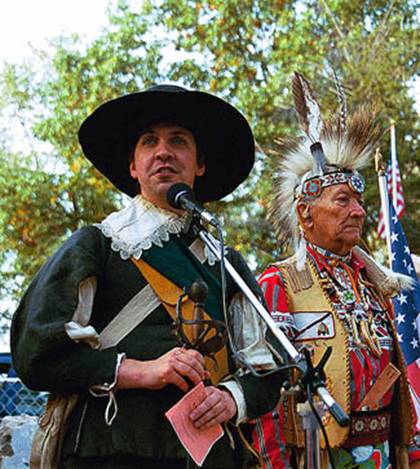
What we are living, or trying to survive thanks to so many pseudo-saintly “reformers,” is chrematistics, or Profit At Any Cost. Yet, with new understanding of where we have been snookered—from a model that worked into one that doesn’t (without constant lies and delusion-reinforcing violence)—we are going to remember and build the original eko-nomia: “the conduct of a household to the benefit of all.” A dynamic steady-state fit for freedom on a finite planet.
Native or Indigenous peoples, for whom the whole world is alive, are still here and waiting on the hill—more than waiting. What was done to them first is now done to every citizen far from the top. Yet as Noam Chomsky points out, around the world rushing headlong toward more “growth” and disastrous development, it is Indigenous peoples most urgently warning, organizing and working for another way. This after 5 centuries of decimation, degradation, and on-average status as their nations’ poorest communities.
The definitions that erase Native peoples, the “reservations” created to crush them with hopeless poverty, go on posing them as supremely “Other”—a symbolic status, to terrorize any nonbeliever inside The Colony. (“A token of what you shall get,” said Morton, “if you be one of them they term, without“).
This goes on in our own C-19 pandemic. The malignant narcissist currently in the White House posts a portrait of Injun-Killer Andrew “Trail of Tears” Jackson over his desk. Native Northwest peoples request protective equipment for their struggling clinics and receive, “by mistake,” body-bags. About half of American states, in reporting the demographics of infections and deaths, let Native “ethnics” fall into a blank “Other” category, rendering their higher proportional illness and deaths invisible—except to them. (The Guardian April 24, 2020.)
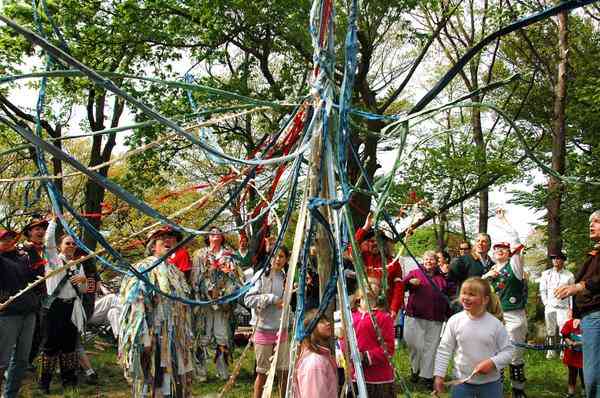
The healthier, more equal, happier way taken from us just keeps coming back. Uncanny: you’d think life and letters are trying to tell us something more than “Believe, Obey, Get Back To Work, Keep Paying and Keep Quiet.”
The Change that pounds at the door of our crumbling house is in every single person’s interest. My own best interest—in these old/new many-sided lights, what a lackluster reason to live and act in life’s favor! Open the door. Walk out into the garden planted with your own two daily hands.
Meantime, as the planet revs up International Workers Day, Revel-Up your May Day any way you can. Observe, commune with land, sea, creatures and stars, with books and music, listen, talk, meditate, envision—and get ready to act. It’s not so far ahead that our best energies will roar to live more than ever. This time, we cannot let a walled-up, violent, greedy, overstuffed minority stand any longer in the way of our next leap.
We will join hands again. Time to rise like a renaissance to our own greatest human endowment, power and potential—compassionate creative (r)evolution.
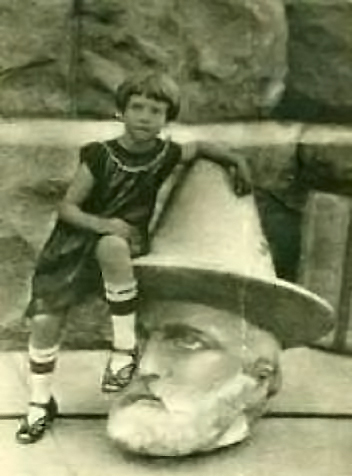
In March 1923, 300 years to the month when Myles Standish murdered several and beheaded one “recalcitrant” Masssachusetts, a bolt of lightning struck “the world’s tallest historical monument” in honor of the diminutive captain, not far from Plimoth—and blasted its head off.

